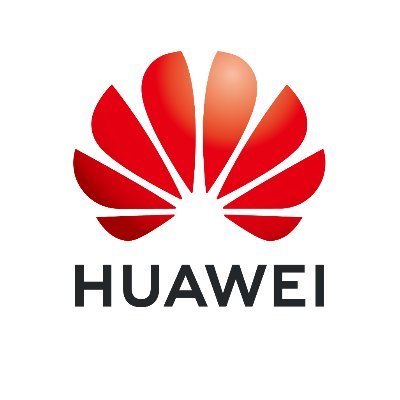The US government has withdrawn some licenses that permitted American chip manufacturers to export specific products to the Chinese technology company, Huawei.
The Department of Commerce has not disclosed which specific licenses were rescinded, but the decision comes after Huawei launched an AI-enabled computer that incorporates a chip developed by Intel.
Intel, the American chipmaker, has not responded to a request for comment from BBC News. The BBC has also reached out to Huawei and the San Diego-based chip powerhouse, Qualcomm, for their reactions to this development.
Since 2019, the US has imposed restrictions on the export of certain technologies, including computer chips, to Huawei, citing alleged connections to the Chinese military.
“We have revoked certain licenses for exports to Huawei,” the Commerce Department said in a statement on Tuesday, but did not give details of which permits had been withdrawn.
Some US lawmakers had criticised the administration of President Joe Biden following the launch last month of Huawei’s MateBook X Pro laptop.
“Make no mistake, the Biden Administration would not have taken this action if Republicans in Congress were not holding them accountable,” said Republican Congresswoman Elise Stefanik in a social media post.
Huawei has been hit hard by US trade restrictions but more recently appeared to mount a comeback.
The Chinese company has enjoyed a resurgence particularly after the launch of the Mate 60 Pro smartphone in August.
In 2019, during Donald Trump’s presidency, US officials placed Huawei on a so-called “entity list.”
This designation requires US companies to secure a government license to export or transfer certain technologies, particularly due to concerns about their potential use by the Chinese military.
Despite these restrictions, licenses have been issued to some US companies, including Intel and Qualcomm, allowing them to provide Huawei with technology unrelated to 5G.
In recent years, the US has tightened restrictions on several Chinese technology firms amid escalating tensions between the world’s two largest economies.
Earlier this month, President Biden signed legislation that could lead to a ban on the video app TikTok in the US unless it is divested from its Chinese parent company. In response, TikTok initiated a lawsuit on Tuesday to challenge the law.
Beijing has criticized these actions by Washington against its companies, labeling them as ‘economic bullying’.

